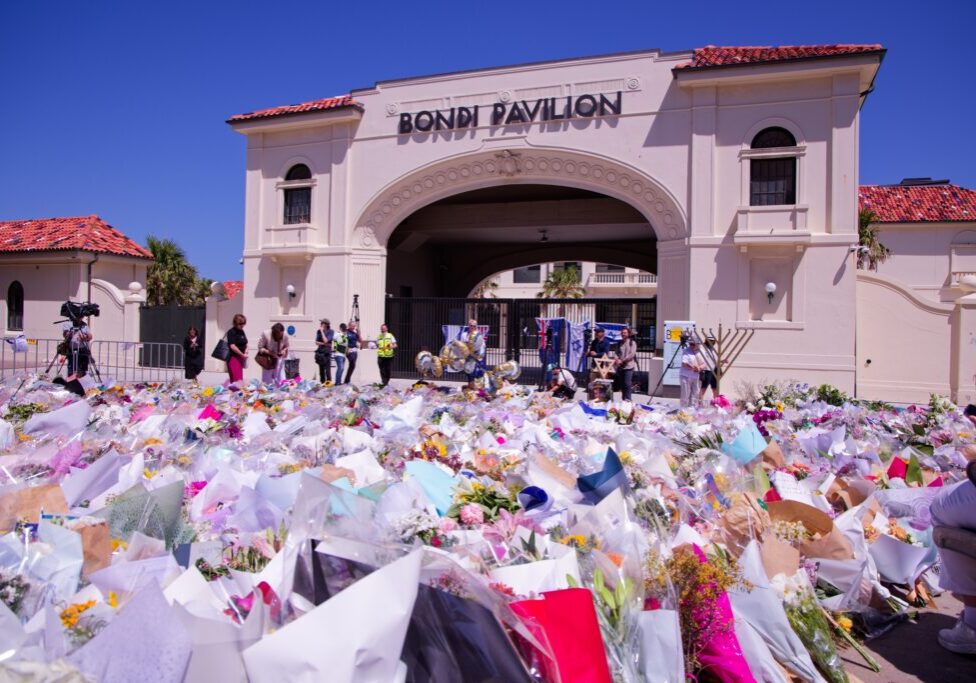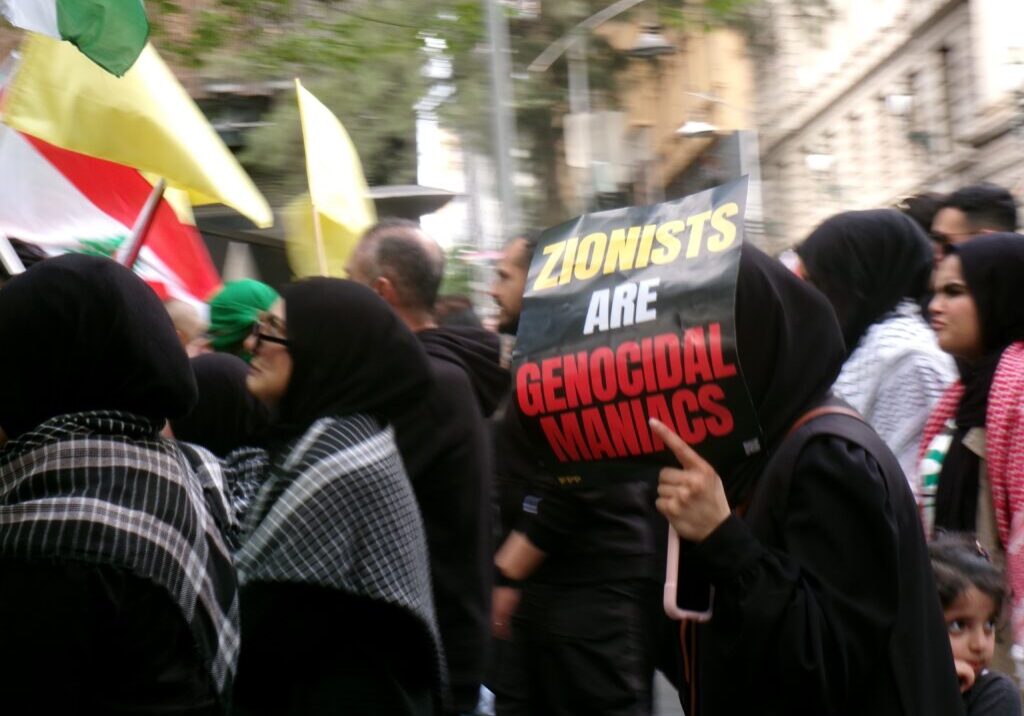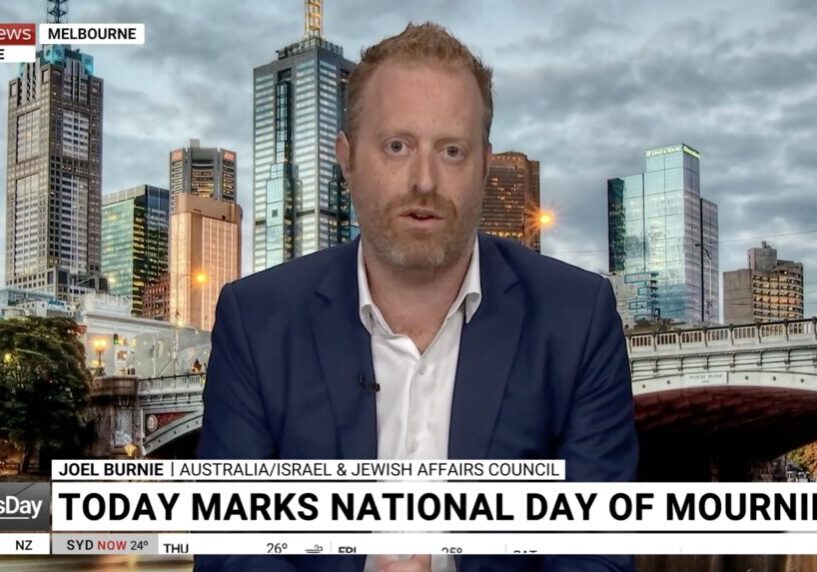Australia/Israel Review
Scribblings: A Bit of Perspective
Nov 1, 2007 | Tzvi Fleischer
![]()
Tzvi Fleischer
A Bit of Perspective
Everyone knows that the Arab-Israel conflict is one of the bloodiest and most intense in the world, and this is the reason solving it will lead to great benefits for the whole world – from halting terrorism, to democratising the Middle East, to helping cure global warming – right?
Actually, no. If you think that, you need to look at the statistics compiled by distinguished German sociologist Prof. Gunnar Heinsohn, the Director of the Raphael-Lemkin Institute for Comparative Genocide Research at the University of Bremen. In a recent article co-authored with American academic Daniel Pipes (Frontpage.com, Oct. 8, 2007), he points out that since 1950, in terms of total fatalities caused, the Arab-Israel conflict rates not first, not fourth, not 10th, not 20th, but 49th overall. It has caused 51,000 total deaths out of 85,000,000 in worldwide conflicts for the same period. That is 0.06 percent of the total – one out of every 1,700 persons killed in conflict since 1950 was a victim of the Arab-Israel dispute. While every death is tragic, the Arab-Israel conflict is dwarfed in this respect not only by the obvious major and well-known conflicts, for instance, the Chinese Cultural Revolution and other internal upheavals (40,000,000); the Korean War (2,800,000); the Cambodian civil war and genocide (1,870,000); and the Rwanda genocide in which 900,000 people were killed over a period of a few weeks; but by conflicts few people even remember. Many more people died in the brief Indonesian upheaval of 1965-66 (450,000), the Eritrea-Ethiopia war of 1998-2000 (70,000), and the Angolan independence struggle of 1961-73 (80,000), than in all the last 57 years of the Arab-Israel conflict.
Nor does this change significantly if the 11,000 people killed in the 1947-48 Israeli War of Independence are added into the equation.
Ah, but surely the Arab-Israel conflict was the most intense source of violence in the volatile Middle East, whatever its worldwide significance? Wrong again. Heinsohn cites more than half a dozen more deadly conflicts in the Middle East, including not only the Iran-Iraq war, in which at least 1,000,000 people were killed, the various Algerian civil conflicts, 875,000 killed in total, and the Lebanon civil war, in which 150,000 people were killed, but also incidents like the Iranian revolution, in which 80,000 people were killed in a single year, and the Yemen civil war (1962-1970), which led to 100,000 deaths.
Nor is the Arab-Israel conflict a major cause of the death of Muslims. 11,000,000 Muslims have died from violent conflict since 1948. Of these, 35,000, or 0.3 percent of the total, were victims of the Arab-Israel conflict. That means 314 out of 315 were not. And 90% of these remaining Muslim victims were killed by other Muslims.
None of this is to suggest that the Arab-Israeli conflict does not need to be solved as urgently as humanly possible. But this should not be an excuse for either vastly overblown rhetoric about the benefits of doing so, nor for losing a sense of perspective about how violent this conflict has actually been.
 |
| Pratt: One-sided media focus |
TWO TO TANGO
There has been a lot of media attention on billionaire cardboard king Richard Pratt and his Visy company in the wake of his admission of anti-competitive arrangements with rival Amcor. And given the circumstances, this is largely what you’d expect.
However, I think it is worth noting an apparent imbalance in the coverage. Where was the scrutiny of the other party in this transaction, Amcor? After all, such arrangements clearly require at least two parties and, according to most of the reports I have seen, it was actually Amcor that initiated the contacts aimed at establishing the illegal price-fixing and market-sharing arrangements. The company may have made a deal with the ACCC which provides immunity from prosecution. When did it also arrange a deal that immunises it from media scrutiny?
I understand that Pratt is the bigger fish, and the more well-known figure, so more scrutiny was natural. But in reading page after page, and feature after feature, on Pratt and Visy, I was hard-pressed to find even passing mention of Amcor and its executives.
This is particularly concerning, given the revelations from the ACCC investigation, discussed in only a minority of media outlets, that former senior Amcor executives Peter Brown and Jim Hodgson made appalling antisemitic remarks in a phone conversation about Pratt. This included not only the statement, “You know what the Jews are like. No wonder they own half the world,” but a response, “And you wonder why, ah, Hitler wanted to stitch them up, too.”
I am not that shocked that some antisemitism remains at the top end of the Australian business community. I must admit, however, that I was taken aback that it included such a casual acceptance and apparent approval of Hitler’s genocide.
I am also more than a little surprised that so little of the Australian media thought this whole revelation worth reporting, and that virtually no mainstream media outlet thought this casual genocidally-tinged racism deserved any comment or analysis.
![]()
Tags: Antisemitism, Indonesia






